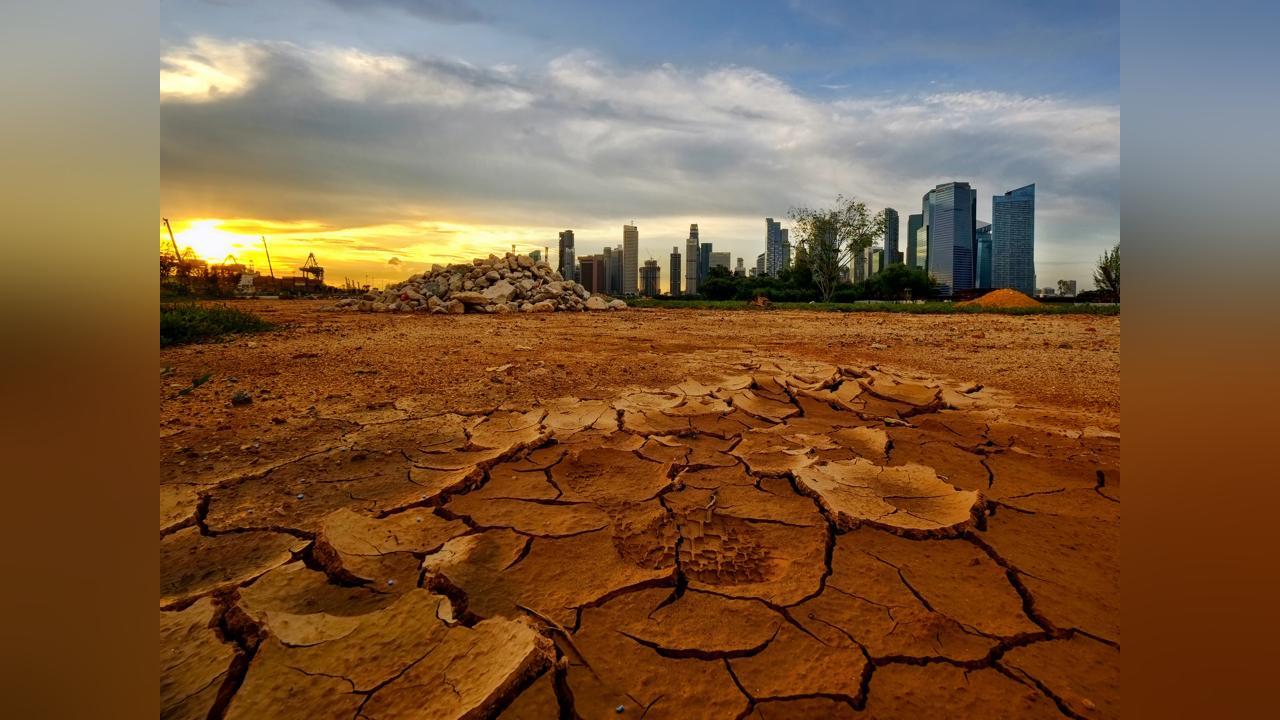Africa-Press – Eswatini. The Climate Crisis is not ‘gender neutral’. Women and girls experience the greatest impacts of climate change, which amplifies existing gender inequalities and poses unique threats to their livelihoods, health and safety”, so says UN Women.
Climate change is a global issue that affects everyone in different ways, but not equally. Women, in particular, are disproportionately affected by climate change, because of the indirect effects on social, economic and political systems. It is therefore for this reason that climate change has been called a ‘gender multiplier’, because it exacerbates existing gender inequalities and makes it even harder for women to have access to the resources they need to thrive.
In many societies, especially in the African setting, women are responsible for gathering food, water and firewood. Climate change can make these tasks more difficult and time-consuming, due to droughts, floodings and extreme weather, thus presenting a greater burden on women.
Another way in which climate change exacerbates gender inequalities is through its impact on health. Women are often more vulnerable to the health effects of climate change, such as increased exposure to diseases and malnutrition. This is so because women often have less control over resources and decision-making, which can limit their ability to adapt to the impacts of climate change.
This emphasises that climate change magnifies existing gender inequalities in a variety of ways, depending on the context and location. Moreover, addressing the impacts of climate change requires a gender-sensitive approach that takes into account the specific ways in which it impacts women and girls.
Water Scarcity
In most cases, women and young girls are the ones responsible for collecting food and water for the consumption of their families. As these sources of water become scarce due to climate change, the time burden on women and girls is increased as they now have to walk more and travel further distances in order to get to sources of water.
Not only does this expose them to potential dangers and the numerous impacts of climate change, such as heatwaves, but it can also lead to a decrease in their ability to attend school or participate in paid work. Additionally, water scarcity can lead to decreased hygiene and poor sanitation, which can further increase health problems in women, including an increased risk of reproductive tract infections for women.
Furthermore, water scarcity has a huge impact on women’s health. When there is little or no water available for consumption, women and girls are more likely to drink unsafe water. This has serious health consequences, including increased maternal and infant mortality.
Economic Impact
It goes without saying that in most societies, women have fewer or less economic opportunities than men do, especially in the context of climate change. One reason for this is their limited access to financial resources in most cultures. This lack of access usually stems from cultural norms, that restrict women from owning more property. This accentuates that women’s access is not simply non-existent, but that it is significantly lower than men’s access.
Also, this lack of resources makes it almost impossible for women and girls to invest in education and training about climate change and natural disasters. This, therefore makes it difficult for women to prepare for and recover from disasters, such as floods and droughts, which are now very common due to the climate crisis. Another key factor is the low availability of jobs due to climate change, especially in sectors where women are predominant, like agriculture. Climate change has a direct effect on the crop yields, which reduces women’s income and food security.
Energy
Climate disruption also makes gender inequalities worse in the energy sector. Due to lack of decision – making and authority in most societies, women are mostly dependant on traditional fuel, such as charcoal and wood for cooking and heating, which are not only inefficient, but also contribute to climate change. As stated before, women are also likely to be responsible for tasks that require most energy in the home, such as food preparation and water collection. And when climate change causes disasters like flash floods, women are more likely to be affected because they often have fewer resources to cope and the authority to make decisions, in terms of the utilisation of the resources needed for mitigation and adaptation.
Notable is that traditional gender roles assign household tasks and responsibilities based on gender. For example, women are often expected to collect water and fuel, cook and care for children and the elderly. Climate change can disrupt these roles and responsibilities by increasing the time and effort needed to complete household tasks, like collecting water and fuel.
This disruption of traditional roles and responsibilities can lead to increased stress and conflict within households, thus presenting a direct impact on women and children. In essence, climate change can exacerbate gender inequality through its impact on natural resources, which can disproportionately affect women and young girls. It is important to consider these impacts when developing policies and programmes to address climate change and to ensure that women are not left behind.
Source: times
For More News And Analysis About Eswatini Follow Africa-Press







